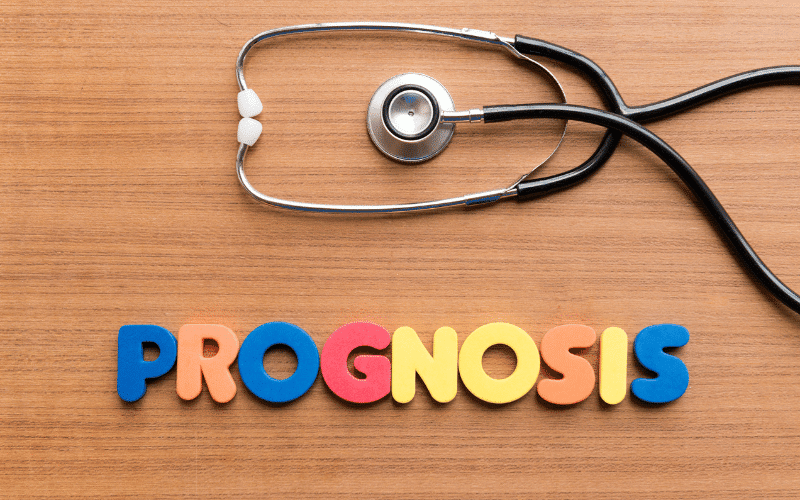7. The Prognosis Post-Thyroidectomy: Life After the Gland

Living without a thyroid gland or with part of it comes with a new set of realities. The prognosis following thyroidectomy generally depends on the underlying reason for the surgery and how well the body adjusts to post-surgical changes.
For most patients, the return to normalcy is smooth. With proper hormone replacement therapy, they can lead a healthy life without any major issues. Regular monitoring of thyroid hormone levels helps maintain a balance, ensuring the body’s metabolic processes continue unabated.
In cases of thyroid cancer, the prognosis is usually favorable. The majority of thyroid cancers are slow-growing and respond well to treatment, including surgery. Regular follow-ups with oncologists, routine scans, and occasionally radioactive iodine treatment ensure the cancer is kept at bay.
However, a change in voice is a possible long-term consequence post-surgery. If there’s been any injury to the recurrent laryngeal nerves, the patient might notice voice changes, such as hoarseness or a weak voice. While this typically improves over time, some might need speech therapy.
For those who experience post-surgical hypoparathyroidism, calcium and vitamin D supplements become a lifelong requirement. Regular monitoring of calcium levels and adjusting doses are part of their routine. Overall, life post-thyroidectomy might require certain adjustments, but it’s by no means a hindrance to leading a fulfilling, healthy life. (7)